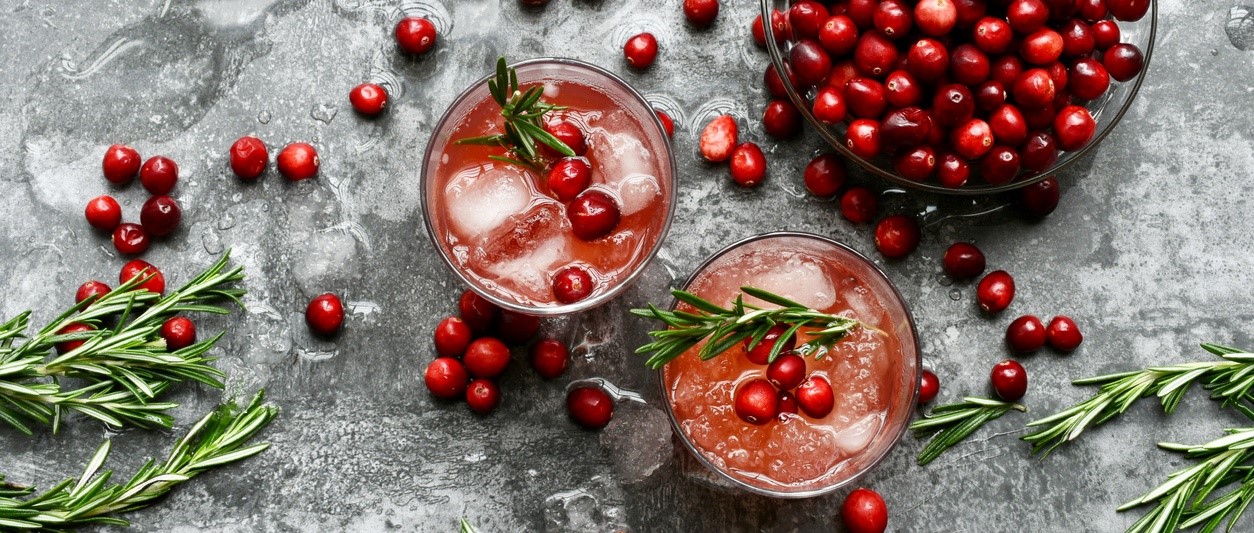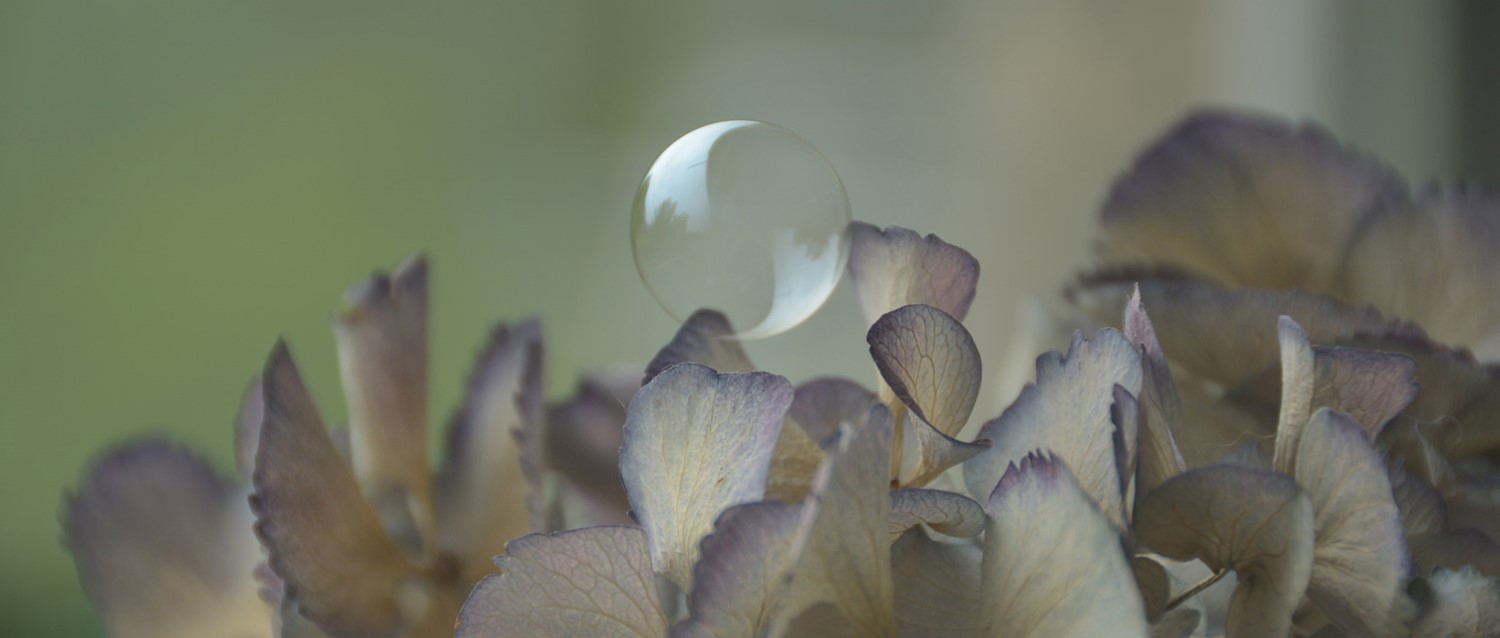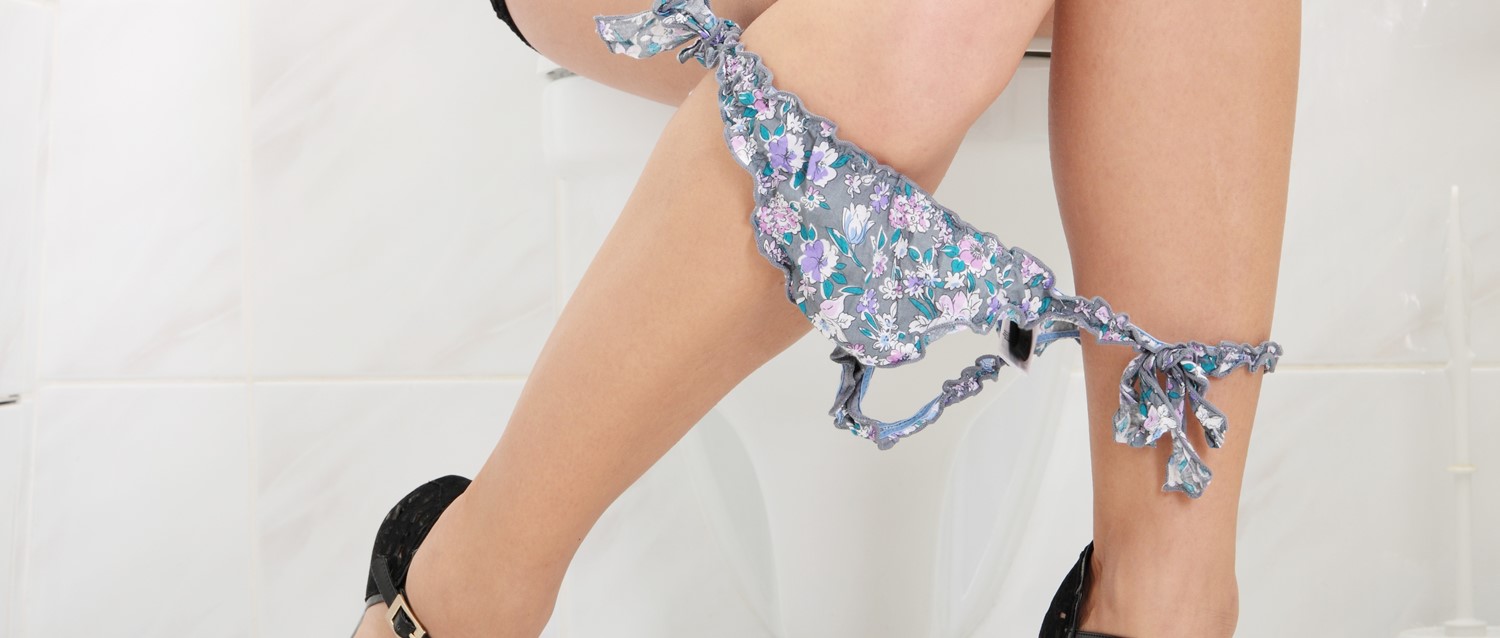
Cranberry juice for cystitis: does it work?
Peer reviewed by Dr Krishna Vakharia, MRCGPAuthored by Amberley DavisOriginally published 26 Jul 2023
Meets Patient’s editorial guidelines
- DownloadDownload
- Share
- Language
- Discussion
Many women swear by cranberry juice as an effective home remedy for painful cystitis symptoms - but are these anecdotes backed by scientific evidence, or is cranberry juice for cystitis just another unsubstantiated myth?
In this article:
Video picks for Urinary tract infections and symptoms
Continue reading below
Is cranberry juice good for cystitis?
Cystitis is a urinary tract infection (UTI) that's very common in women and people assigned female at birth (AFAB). According to Dr Melanie Bone, female health specialist and Daye medical board member, 1 in 3 women will have a UTI by age 24 and more than half will get one at least once in their lifetime.
With a condition this widespread, home prevention and remedy tips often spread by word of mouth rather than evidence. Many women believe in the healing powers of cranberry juice, and some who get repeated bouts of cystitis keep a carton in the fridge at all times - just in case.
Yet, although there have been many studies on cranberry for the treatment and prevention of cystitis and other UTIs, the evidence hasn't always been clear cut. However, there have been some developments in recent years.
A snapshot of the evidence
2012 - a review of existing studies concluded that cranberry juice didn't appear to have a significant benefit in preventing UTIs1.
2018 - a study stated there was a possible benefit to cranberry consumption for both preventing UTIs and for relieving the symptoms of an existing infection, but that more evidence was needed for "standardised cranberry products", like cranberry juice2.
2023 - an update to the 2012 review doubled the number of studies analysed by adding a further 26. The new conclusion supported the use of cranberry products for reducing symptoms in women with recurrent UTIs, in children, and in people susceptible to UTIs. However, more evidence was needed for its use in the elderly, pregnant women, and people with bladder emptying problems3.
So, the current understanding is that cranberry juice may indeed help cystitis - in some people. However, Dr Bone warns that this
should only be used alongside, and never instead of, prescribed medical treatment:
"If you suspect you have cystitis, it's important to consult your doctor for an accurate diagnosis and appropriate treatment. The only recognised treatment for UTIs is antibiotics, which can clear up the infection and prevent it from developing into a more serious problem."
Different studies also research cranberries or various cranberry extracts - but be wary that shop-brought cranberry juice may not produce the same results.
Why is cranberry juice good for cystitis?
Back to contentsCystitis means you may have a bacterial infection in your urinary tract - the system that allows urine to pass from your bladder out of your body. These bacteria, the most common being E. Coli, causes your bladder to become inflamed, which leads to painful and disruptive symptoms.
"There are certain compounds in cranberries called proanthocyanidins (PACs). PACs can help prevent harmful bacteria from attaching to the walls of your urinary tract, including the bladder," says Dr Bone.
Cranberries also contain a naturally occurring sugar called D-mannose, which binds to E. coli bacteria in your urinary tract so it can more easily flush out your system. D-mannose is recommended by the National Institute for Health and Care Excellence (NICE) for women who experience recurrent UTIs but are not pregnant - although it's not classed as a medicine, and evidence is inconclusive.
But before you reach for the carton of cranberry juice, Dr Bone advises that most commercially available cranberry juices are pasteurised and preserved with added sugars. In fact, there is a lot of sugar in store bought cranberry drinks. "This makes them unlikely to contain the beneficial proanthocyanidins found in whole cranberries."
Likewise, D-mannose is also a sugar, and so anyone considering taking cranberry juice, other cranberry products, or D-mannose need to read the label and make sure they don't exceed the recommended maximum 30g daily sugar intake. This is especially true for people with diabetes, who should always ask their doctor before taking these products for cystitis.
Continue reading below
How much cranberry juice for cystitis?
Back to contentsThe scientific evidence for cranberries and their benefits may be growing, but it's less clear how effective and healthy it is to drink commercial cranberry juice for cystitis. Therefore, there's no recommended amount of cranberry juice for cystitis.
One alternative is supplementing your diet with extracts from cranberries. For example, D-mannose and PACs can both be extracted from cranberries and taken as a tablet or a powder mixed with water. This means you can avoid the added sugars in cranberry juice.
Dr Bone says: "The typical dosage for D-mannose is 1 to 2 grams (1000 to 2000 mg) per day. A 2014 study found D-mannose to be as effective in preventing UTIs as antibiotic treatment4."
This said, it remains unclear whether cranberry juice or cranberry extract supplements, like D-Mannose and PACs, are more effective for cystitis3.
If you do decide to try cranberry juice, Dr Bone has this advice: "Drink pure, unsweetened and cold-pressed cranberry juice. At the very least, pure cranberry juice won't have added sweeteners that can do you any harm - but there's also no guarantee that it will do any good, either."
Further reading
Back to contentsJepson et al: Cranberries for preventing urinary tract infections.
Williams et al: Cranberries for preventing urinary tract infections.
Patient picks for Urinary tract infections and symptoms

Kidney and urinary tract
Will a UTI go away on its own?
Urinary tract infections, also known as UTIs and bladder infections, are a common health issue, particularly for women, and can recur with frustrating frequency. We asked a urologist whether it's safe to let a UTI 'run its course', or if antibiotics are always the best treatment.
by Sally Turner

Kidney and urinary tract
What to do about constant UTIs
Cystitis is common in women of all ages, but for some, recurrent infections occur frequently and have a detrimental impact on quality of life. We examine the latest thinking on urinary tract infections and look at how to minimise their recurrence.
by Sally Turner
Continue reading below
Article history
The information on this page is peer reviewed by qualified clinicians.
26 Jul 2023 | Originally published
Authored by:
Amberley DavisPeer reviewed by
Dr Krishna Vakharia, MRCGP

Ask, share, connect.
Browse discussions, ask questions, and share experiences across hundreds of health topics.

Feeling unwell?
Assess your symptoms online for free
Sign up to the Patient newsletter
Your weekly dose of clear, trustworthy health advice - written to help you feel informed, confident and in control.
By subscribing you accept our Privacy Policy. You can unsubscribe at any time. We never sell your data.